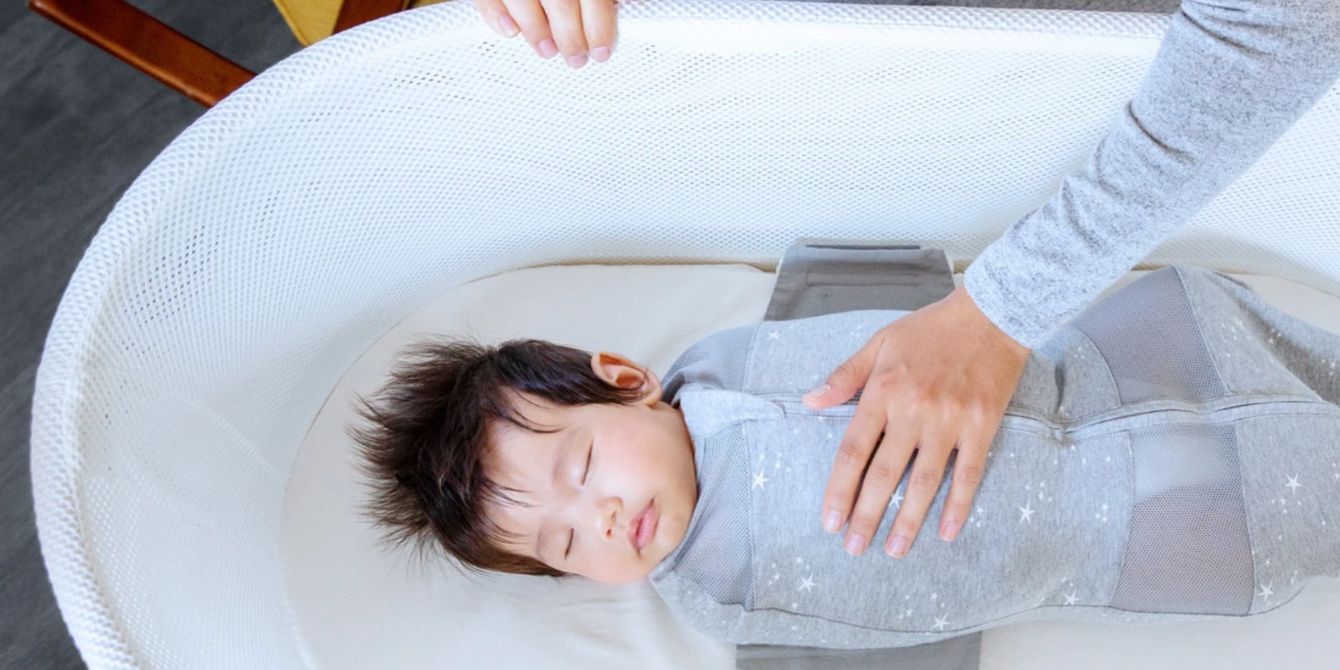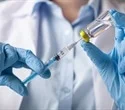The SNOO Smart Sleeper is the first product to successfully keep babies on their backs while they sleep, according to the Food and Drug Administration (FDA), which has authorized it as a medical device. The risk of sudden infant death syndrome (SIDS) and sudden unexpected infant death is decreased in infants who sleep on their backs (SUID).
The National Institutes of Health claim that having a baby sleep on his or her back is “the single most effective measure that parents and caregivers can do to minimize a newborn’s risk of SIDS.” The American Academy of Pediatrics strongly advises back sleeping for infants as a safe sleep practice. Also, the CDC claims that babies who sleep on their backs are far less likely to die from SIDS than babies who sleep on their sides or stomachs.
It is advised that infants utilize SNOO until they can roll consistently (i.e., have done it several times while sleeping, from stomach to back). SNOO was reported to prevent dangerous stomach sleeping by 91.5% in a research involving 1,012 infants. The incidence of SIDS/SUID has not, however, been shown to directly decrease as a result of SNOO.
Despite the Return to Sleep campaign’s effectiveness and stricter safety regulations regarding newborn sleep, SIDS and SUID continue to be the primary causes of infant death in the US, taking 3,500 lives annually.
Dr. Harvey Karp, a pediatrician for more than 40 years, stated, “I’ve seen far too many times the heartbreaking sorrow of parents who put their kid to bed at night only to discover them lifeless in the morning.”
with Nina Montée Karp, co-founded Happiest Baby, Inc. Every year, hundreds of healthy infants tragically die as a result of stomach sleeping. Nonetheless, we frequently leave newborns in their cribs unattended for 12 to 14 hours each day.
When a baby is not resting properly on their back, over two thirds of SIDS/SUID fatalities take place.
By keeping babies on the back and minimizing dangerous rolling, we intend to significantly increase sleep safety, much as infant seats significantly improve auto safety, according to Dr. Karp.





